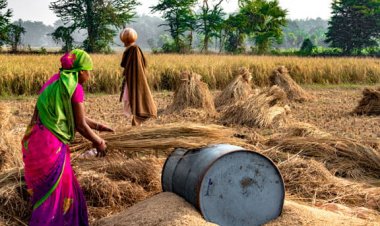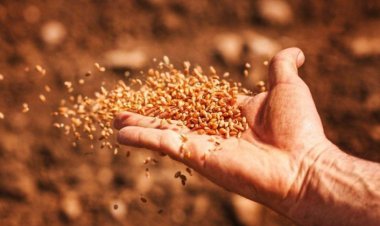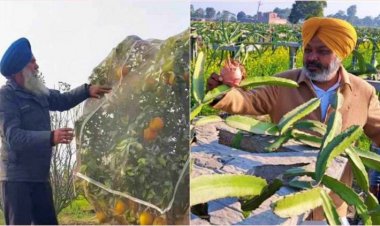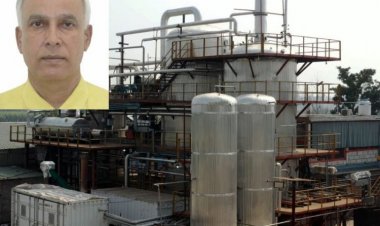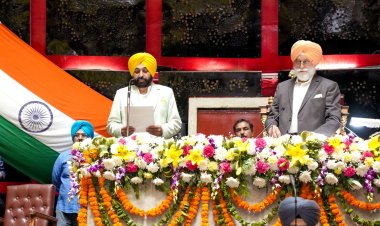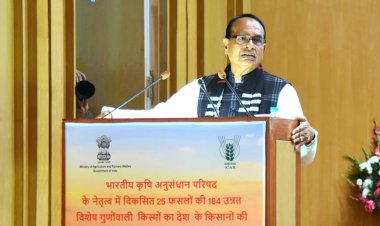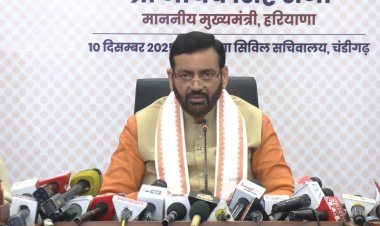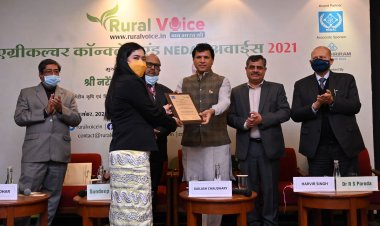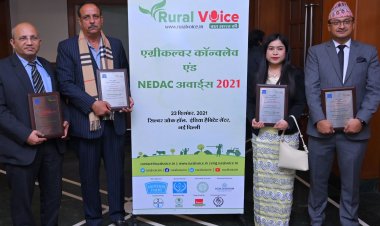Farm sector expects higher allocation for agri schemes in interim Budget
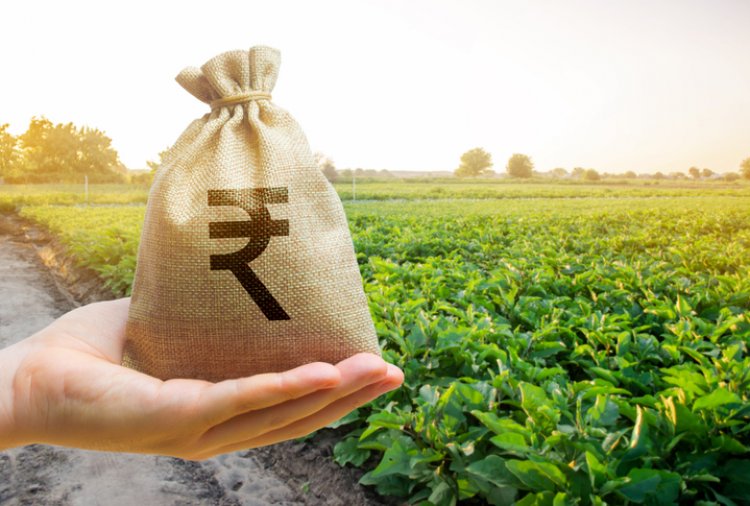
The farm sector is expecting a significantly higher allocation for key farm sector schemes in the interim Union Budget.
Finance Minister Nirmala Sitharaman is scheduled to present the interim Budget on February 1, which will be the last major economic document of the Narendra Modi-led government before the 2024 Lok Sabha elections.
The expectation of higher allocation steps from the fact that the agriculture sector is projected to decelerate to 1.8 per cent in 2023-24 from 4 per cent a year ago.
In the 2019 interim Budget ahead of the 2019 general elections, the government announced PM-Kisan Samman Nidhi, under which up to Rs 6,000 financial assistance is provided to small farmers annually. In the election year, there are expectations that the quantum of assistance may increase in the upcoming Budget.
Also, the government is likely to announce a substantial increase in the agricultural credit target to Rs 22-25 lakh crore for the next fiscal and ensure every eligible farmer has access to institutional credit. The government's agri-credit target is Rs 20 lakh crore for the ongoing fiscal. In the current fiscal, about 82 per cent of the agri-credit target of Rs 20 lakh crore has been achieved till December 2023.
Experts are of the opinion that agriculture and rural segments should be a key priority to drive inclusive growth in the interim Budget. Besides, a case should be made for moving towards dispensing fertilizer subsidies directly as cash transfers to farmers.
In the 2023-24 Union Budget, Sitharaman allocated Rs 1.25 lakh crore to Ministry of Agriculture and Farmers' Welfare, including Agricultural Education and Research. The allocation was increased manifold from Rs 27,662.67 crore in 2013-14.
In the last Budget, Rs 60,000 crore was earmarked for the Pradhan Mantri Kisan Samman Nidhi (PM-Kisan). More than Rs 2.81 lakh crore has been released to more than 11 crore farmers as of November 30, 2023, through Direct Benefit Transfer (DBT) under the scheme.
CII has suggested that the food and fertiliser subsidies, which constitute the bulk of the subsidies, should be rationalised by better targeting and efficient utilisation without impacting the deserving beneficiaries.



 Join the RuralVoice whatsapp group
Join the RuralVoice whatsapp group



















